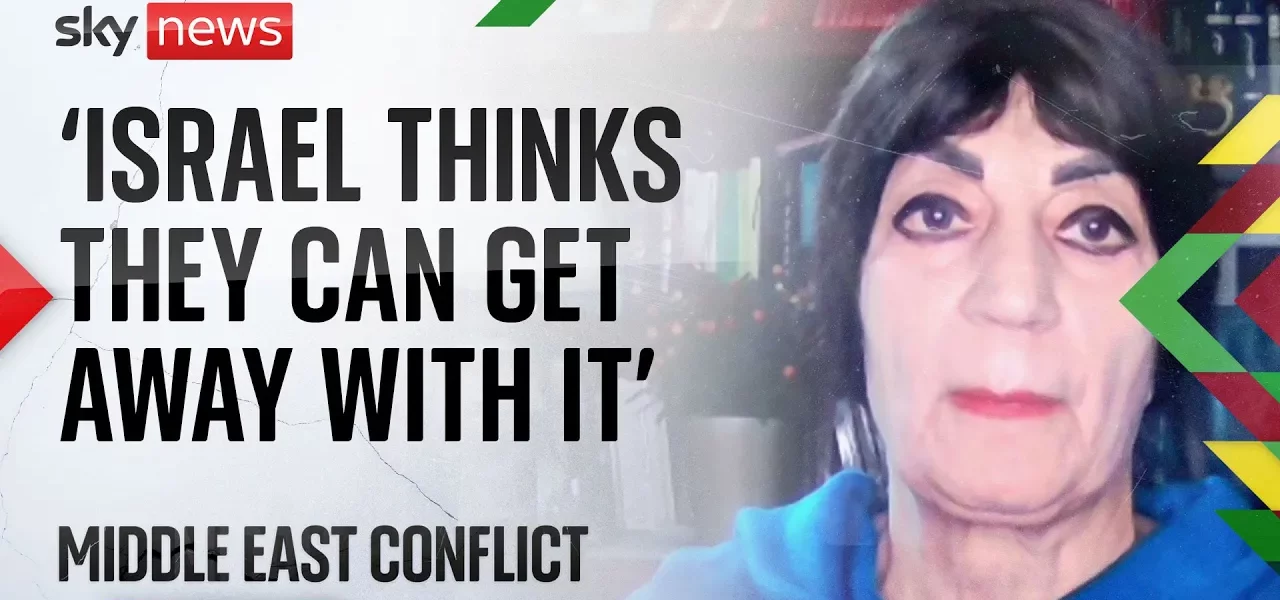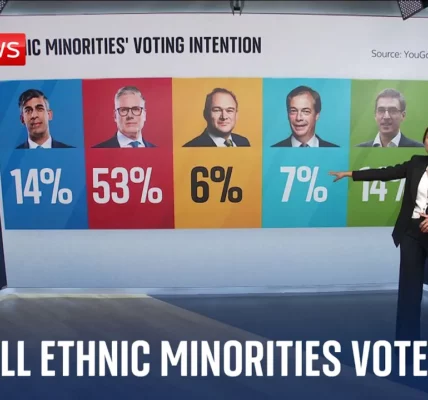Breaking News: UN Peacekeepers Targeted Amid Escalating Middle East Tensions

This article delves into the recent attacks on UN peacekeepers in Lebanon and the broader implications of escalating military activities in the Middle East, including the ongoing situation in Gaza and international reactions.
Introduction
The situation in the Middle East continues to unfold with alarming developments, particularly concerning the United Nations peacekeeping force in Lebanon. Recent military activities have escalated tensions, with reports of peacekeepers being directly targeted, raising concerns about the safety and security of UN personnel. This article examines these critical events, providing an in-depth analysis of their implications for regional stability and international relations.
The Attack on UN Peacekeepers
According to reports from UNIFIL (United Nations Interim Force in Lebanon), a peacekeeper stationed at their headquarters in Nakur was shot during ongoing military activities in the vicinity. This incident necessitated immediate surgical intervention at a local hospital to remove the bullet, and the peacekeeper is currently in stable condition.
Details of the Incident
- Location: UNIFIL headquarters, Nakur.
- Injury: Peacekeeper shot by gunfire.
- Medical Response: Surgery performed at Nura Hospital.
- Current Status: Peacekeeper is stable.
Context of the Attacks
This incident is part of a troubling trend, with UNIFIL reporting increased hostilities. Just days prior, multiple peacekeepers were injured due to military actions attributed to ongoing conflicts in the region. It has been alleged that these attacks were not incidental but rather targeted actions against the UN peacekeeping forces, which raises serious ethical and operational concerns.
Wider Implications for Regional Security
The targeting of UN personnel signifies a dangerous escalation in hostilities within Lebanon and surrounding areas, particularly as Israel has intensified its military operations. The implications extend beyond immediate safety concerns, affecting diplomatic relations and potentially leading to broader military conflicts.
Military Actions and Responses
Recent military activities in Lebanon have included:
- Airstrikes targeting specific locations.
- Ground operations along the southern borders.
- Evacuation orders issued from Israel affecting civilians in conflict zones.
These actions have prompted widespread condemnation from various international entities, including France and Spain, amidst calls for accountability and a reassessment of military tactics employed in the region.
The Situation in Gaza
As tensions rise in Lebanon, the situation in Gaza remains dire, with renewed airstrikes and evacuation orders complicating the humanitarian crisis. Reports indicate that areas previously deemed safe have been subject to attacks, leaving civilians with limited options for safety.
Evacuation Orders and Humanitarian Concerns
The ongoing evacuation orders have prompted significant distress among the population:
- Evacuations are being called from locations previously designated as safe.
- High casualty rates have been reported in schools and shelters.
International Reactions
Global reactions to the situation depict a growing concern regarding humanitarian impacts, with leaders calling for restraint and a reassessment of military strategies. President Biden’s request for careful consideration from Israel highlights the international community’s unease with the escalating violence.
Potential Responses from Israel
As tensions with Iran also escalate, Israel’s strategies may evolve, particularly in response to perceived threats. Analysts suggest various military options that Israel might consider, which could further complicate the geopolitical landscape.
Possible Military Strategies
The options being speculated include:
- Air raids on Iranian military bases.
- Targeting oil refineries and extraction facilities.
- Potential strikes on nuclear installations, contingent on U.S. involvement.
These military options carry significant risks and could lead to broader conflicts, necessitating careful consideration and strategic planning by Israeli leadership.
Conclusion
The recent targeting of UN peacekeepers and the ongoing military activities in the Middle East highlight a critical juncture in regional security. As the international community grapples with responses to these developments, it becomes increasingly clear that effective diplomatic engagement is essential to prevent further escalation. Stakeholders must prioritize dialogue and accountability to ensure the safety of civilians and UN personnel alike.
For more updates and analysis on the situation in the Middle East, stay connected with our articles and insights.
“`




